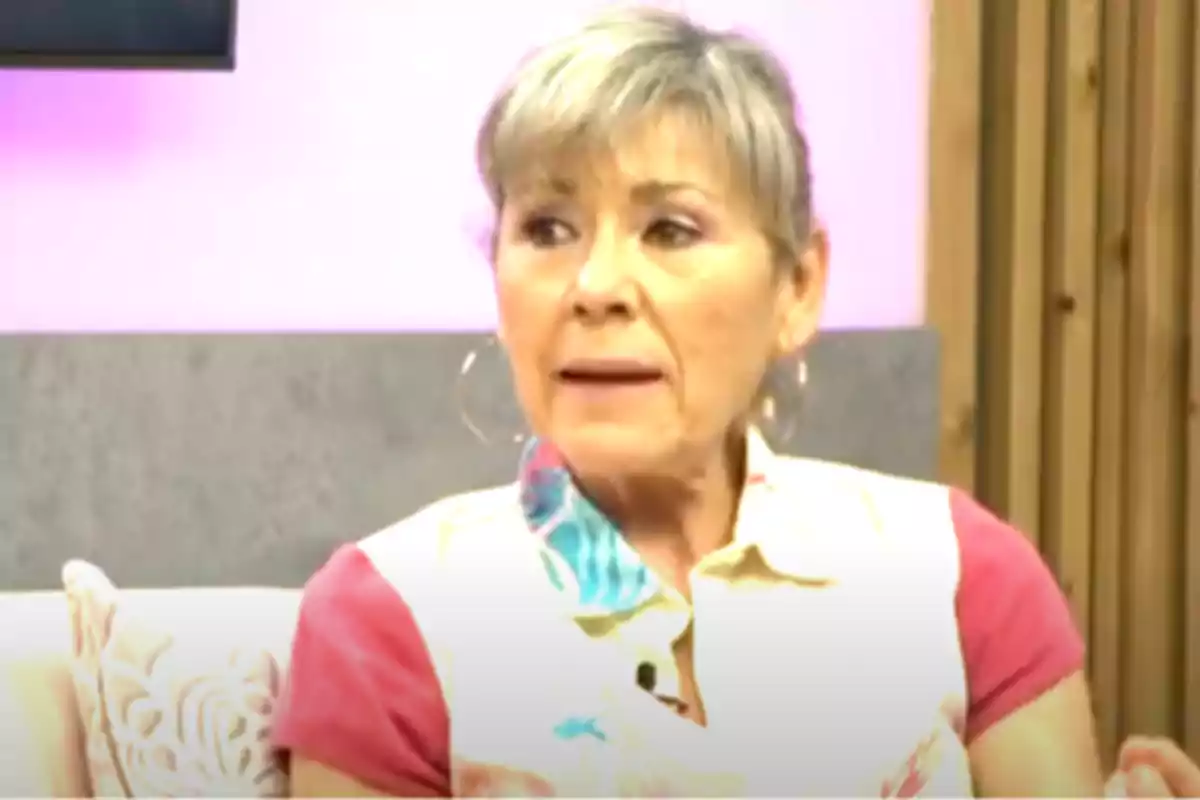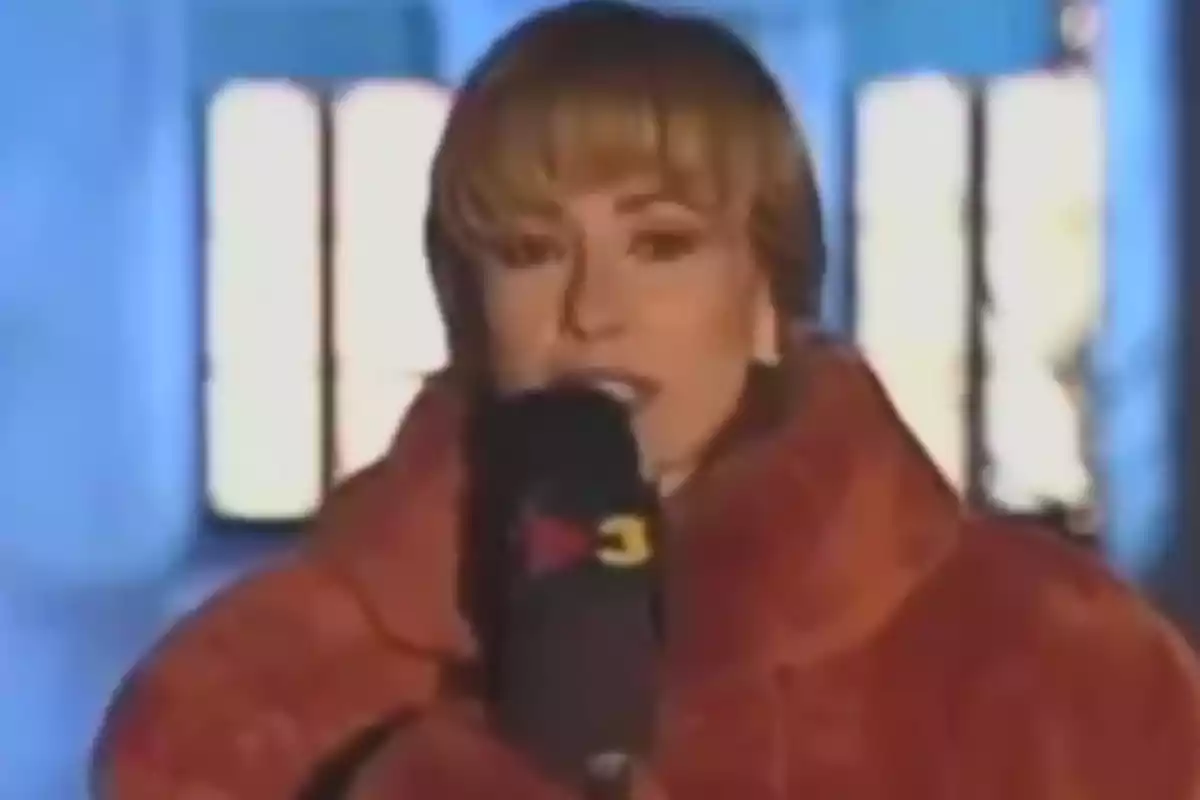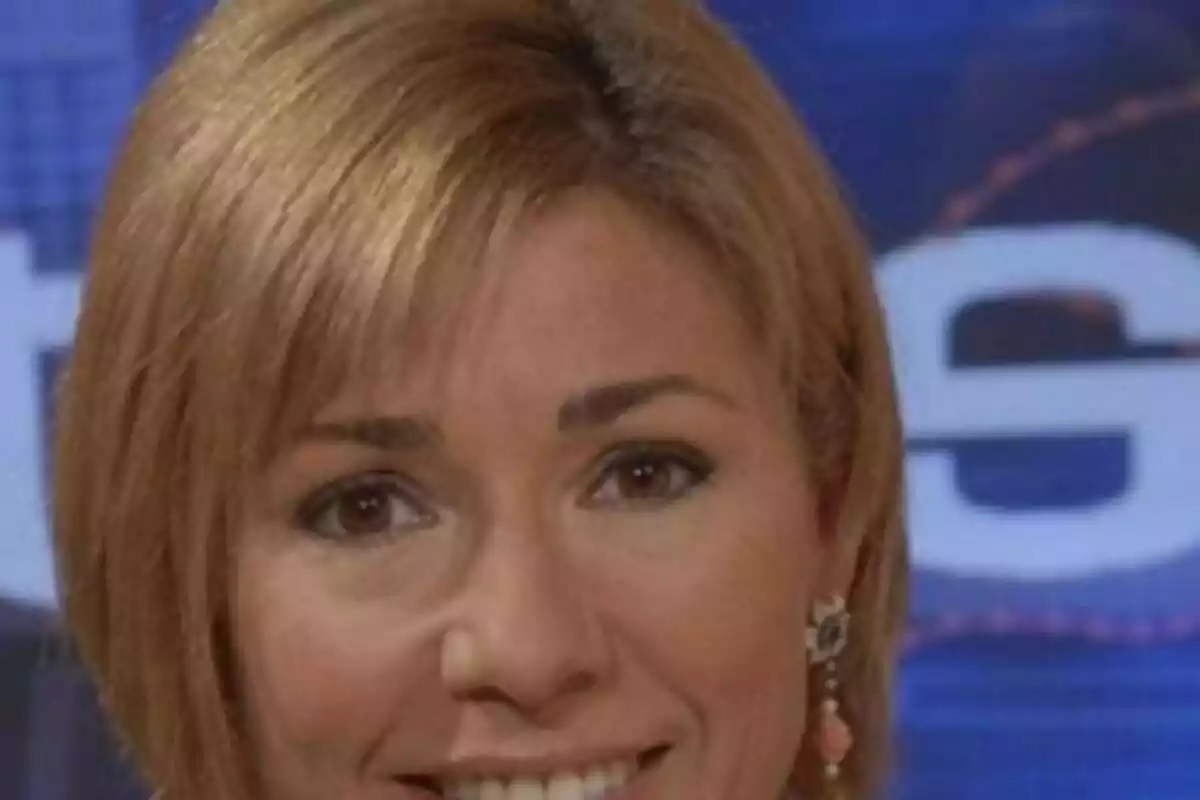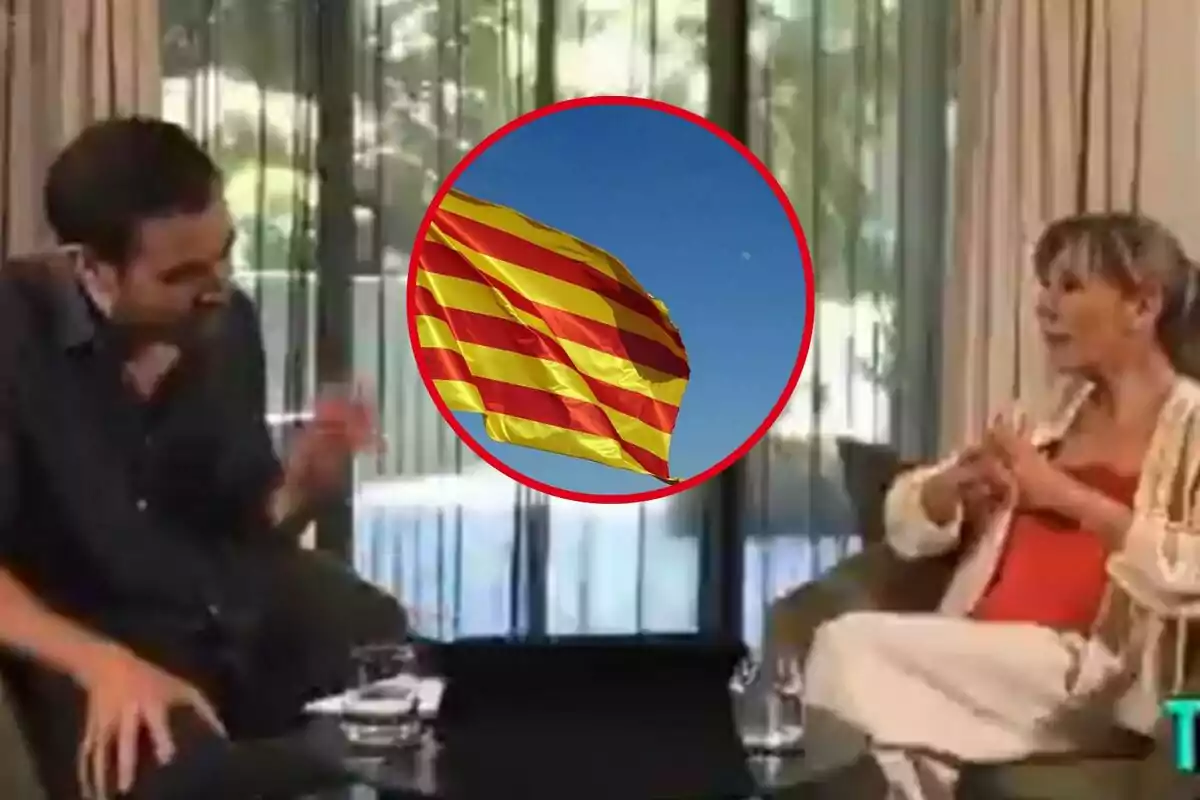Over the past few decades, few presenters have managed to leave such a genuine mark on the Catalan collective imagination as Mari Pau Huguet. The iconic communicator, known both for her on-screen warmth and her firm commitment to the Catalan language, is once again making headlines after her recent appearance in one of the most talked-about interviews of the season.
This isn't the first time Mari Pau has surprised people with her ability to move and, above all, to make people reflect on the role of public media in defending Catalan culture and identity.
In mid-June 2025, amid heated debates about the future of TV3 and its social role, a simple question on the popular show hosted by Joel Díaz has become the seed of a viral demand. Social media, as expected, have rallied around the journalist, once again placing her at the center of media and social conversation.

Statements on the APM show
Everything started with an apparently lighthearted interview on the show APM, hosted by Joel Díaz, which quickly turned deep and even somewhat nostalgic. The question, direct but in a tone of complicity, was:
"What would you do if you suddenly became the director of TV3 this afternoon?" Far from the typical evasive or generic answers that many public figures usually give on television, Mari Pau Huguet didn't hesitate to take a stand: "Sobretot intentaria conservar molt el català, la llengua. Perquè TV3 va néixer per la llengua, pel català."

The audience's reaction was immediate. The video of the interview, posted on social media by accounts dedicated to television news and the world of Catalan series, racked up millions of views in just a few hours.
In the audiovisual piece, viewers can see how Mari Pau, with her characteristic style, asserts that TV3's founding mission was none other than to safeguard the Catalan language. This is a clear message at a time when defending the language is more at the center of the debate than ever.
The commotion hasn't been only digital: some colleagues in the profession and figures from the Catalan cultural scene have come out to applaud her words, highlighting the value of her statement at a particularly delicate time for public media. The spontaneity of the moment has been key to reigniting the conversation about the essential role that voices like hers play.
The interview went viral
The impact of the interview quickly spread to other formats and spaces. Journalists and communication experts have highlighted how Mari Pau's statement goes beyond a simple personal opinion and represents a true declaration of intent for those who want a media future committed to the identity of Catalonia.
Reactions have been swift. Several members of the Catalan audiovisual sector have shown their support, some openly applauding the presenter's courage. Among the messages seen on Twitter, sincere thanks stand out: "Gràcies, Mari Pau," accompanied by thousands of interactions and messages from anonymous users who demand the need to keep the Catalan language as the backbone of TV3's content.

This isn't the first time
This isn't the first time the presenter has been at the center of debates related to language and identity. In the past, Mari Pau Huguet had already positioned herself as a defender of Catalan culture and history, using her popularity to raise awareness about the importance of television in Catalan as a tool for social cohesion.
Her statement, simple yet full of symbolism, seems to have resonated with a society that, in recent years, increasingly feels the pressure of demographic changes, digitalization, and the arrival of new audiovisual consumption models. Social media, always a barometer of collective sentiment, have once again confirmed that Mari Pau's figure inspires a fondness that's hard to match.

